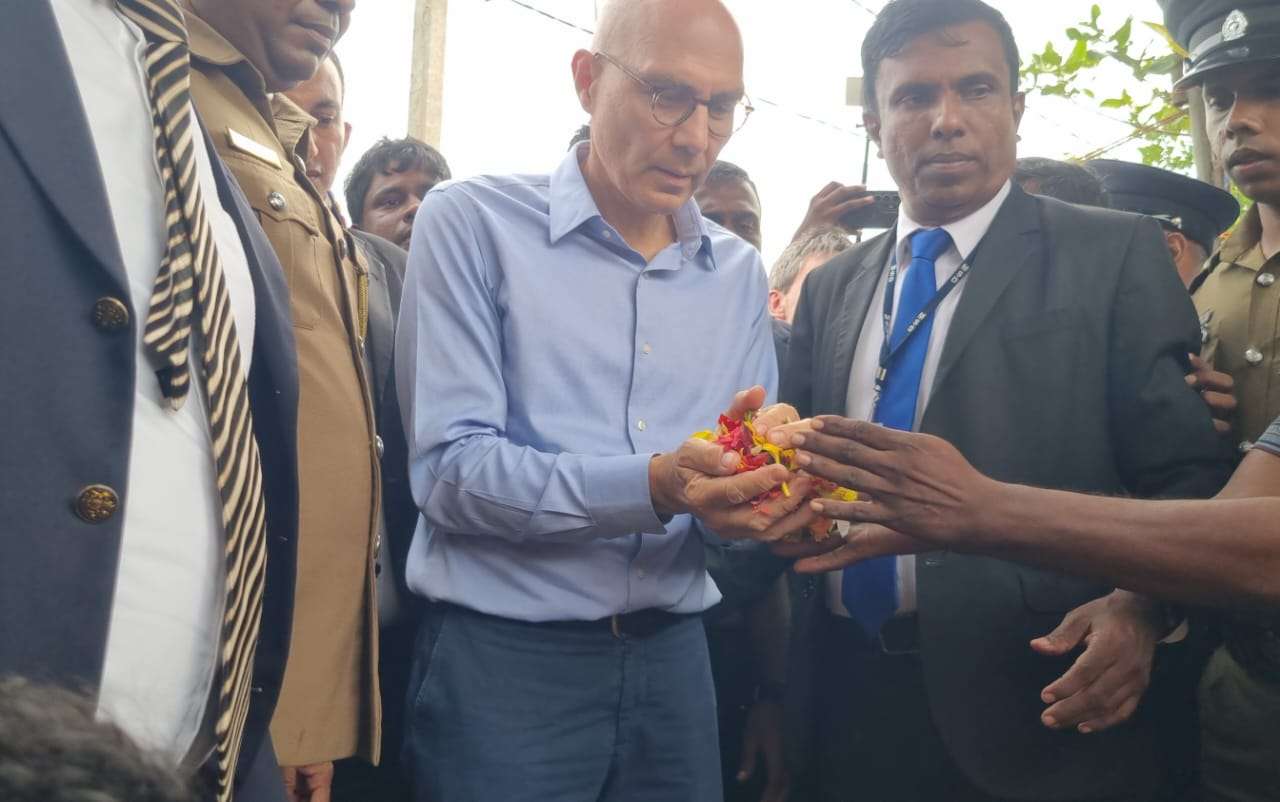Food production could drop by 50 percent due to fertilizer costs and reduced rainfall: World Bank
The World Bank has warned that a shortage and higher cost of fertilizer and reduced rainfall in the southern and central provinces may decrease harvests in the upcoming season by 50 percent in Sri Lanka.
Fertilizers provide crops with the nutrients to grow better, making them essential to the country’s food supply. As such, when stuns arise, such as, when fertilizer prices increase or when supply is disrupted, the impact is felt by the country’s food system in its entirety.
The report from the World Bank additionally disclosed that the fallouts of banning chemical fertilizer imports in Sri Lanka with minimal planning have weighed heavily on the country’s farming industry. Sri Lanka now faces an impending food insufficiency resulting from reduced domestic production, along with the financial inability to import supply.
The brewing condition throws light to food price inflation which the World Bank Food Security Update has uncovered that it continues to remain high in almost all low and middle income countries. Sri Lanka recently hit nominal food inflation of 81 percent, making it among top 10 countries with the highest nominal food price inflation by means of the data within reach between May and August 2022.
The influence of weather and climate on food production and crop yields is pivotal when examining the food production overall. Besides, climate influences all components of crop production, including cropping area and cropping intensity.
Taking note of past summer, floods caused by immoderate monsoon rains in some parts of the island and inadequate rainfall in the vicinity have widely disrupted current and future food production in the country. In the light of present circumstances, the index further noted, that the high incidence of climate change, diminishment of foreign currency reserves and downturn of local currencies have kept fertilizer costs beyond expected which ultimately paved the way to healthy food being less affordable across the country.
On top of that, the challenging macroeconomic environment has given rise to a notable shortage of imported cereals – 1.27 million of 2.2 million tons) while the short-term ban has generated shortages of farm and food processing inputs.
-
Still No Comments Posted.















Leave Comments